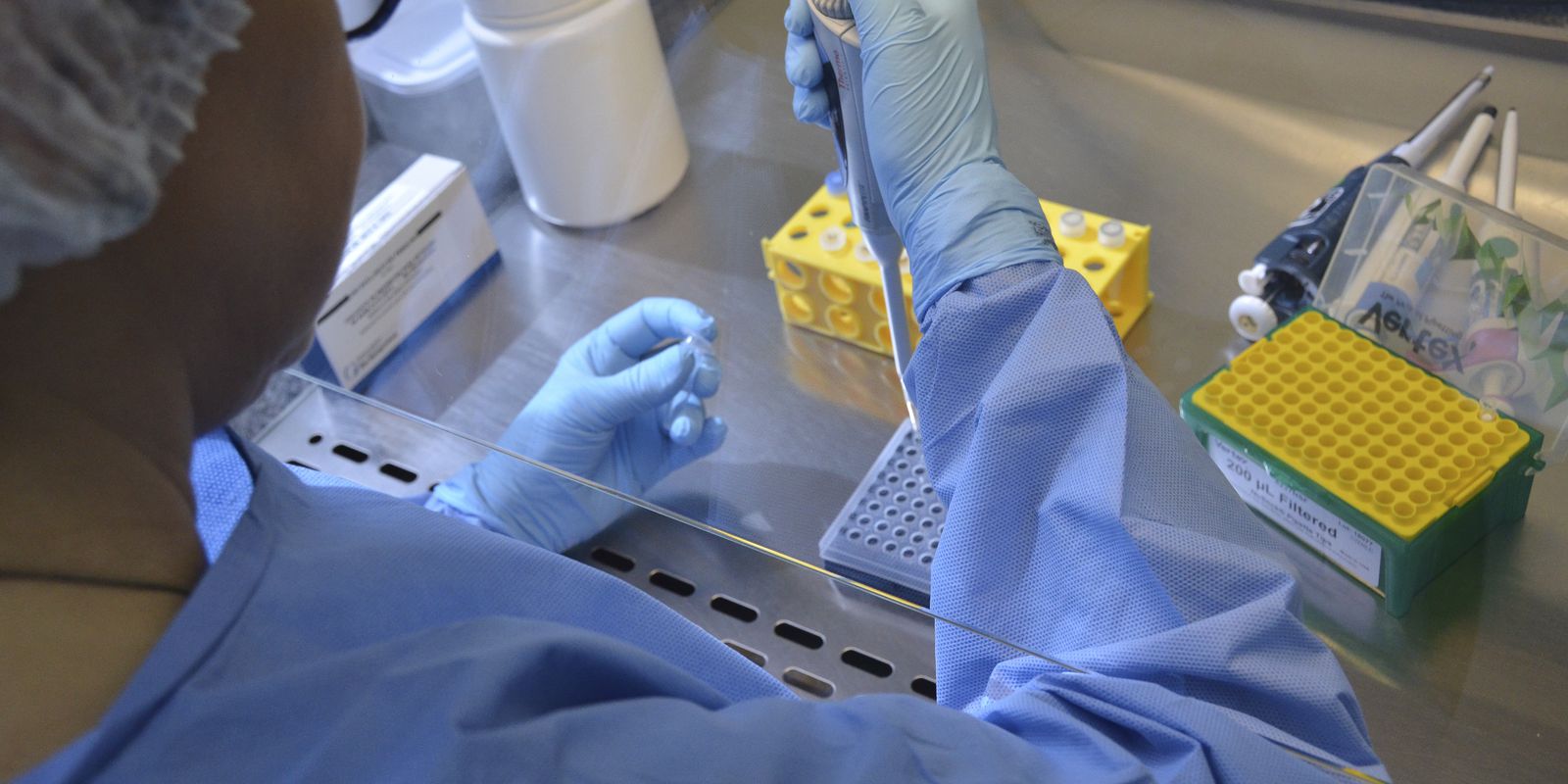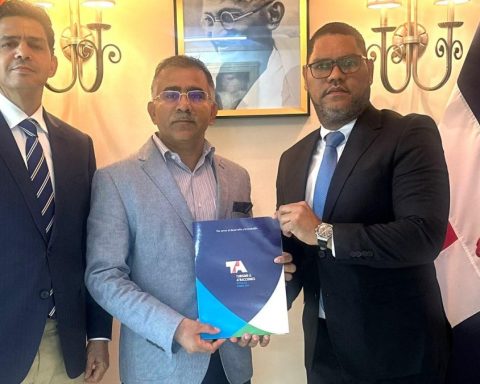Researchers at the University of São Paulo (USP) developed the One Health Brazilian Resistance (OneBR) platform, which brings together genomic, epidemiological and phenotypic data on multidrug-resistant bacteria. The objective of the database is to contribute to the monitoring and control of the spread of these bacteria, especially those classified by the World Health Organization (WHO) as “critical priority”.
The doctoral student at the Faculty of Pharmaceutical Sciences at USP (FCF-USP) and member of the research group of the OneBR project, Fernanda Esposito, explained that the tool can help in the development of new drugs. So far, the bank has data on approximately 500 bacterial strains and another 200 should be added by the end of this year.
“From the genomic data available on the platform, it is possible to discover genes responsible for the production of new compounds based on: probiotics (live microorganisms whose ingestion brings health benefits); bacteriocins (toxins produced by bacteria to inhibit the growth of other bacterial strains); and phagotherapy (a type of virus that infects only bacteria)”, he said.
free access
Under the coordination of Nilton Lincopan, professor at the Institute of Biomedical Sciences (ICB-USP), the platform is now available for consultation since 2019. However, it has been updated over time, with the incorporation of banks of new isolated bacterial species. Access to the material is free and can be performed by professionals in the area of health, sanitary surveillance, researchers and people outside the scientific community.
“The OneBR website is very intuitive and, in addition, it is possible to contact us, view the members of our research team, our collaborators and scientific production”, highlighted Fernanda. The complete sequencing of the bacterial genome is fully carried out by the project’s research group, which works in collaboration with researchers across the country, receiving samples. All bacteria that are isolated by the group or collaborators are stored in a biorepository at USP.
According to the researcher, one of the future goals is to develop a way that increases the autonomy of health professionals and researchers, allowing them to feed the database with sequencing made by themselves.
Expansion
Fernanda adds that OneBR is the first genomic and epidemiological data platform in Brazil and that the intention is to expand the project to Latin America. “Due to the high level of population circulation among Latin American countries, the project to expand monitoring at a continental level becomes essential,” she said.
For this, the USP group is already in contact with researchers from countries such as Argentina, Chile, Ecuador, Uruguay, in order to define the best work dynamics.
















